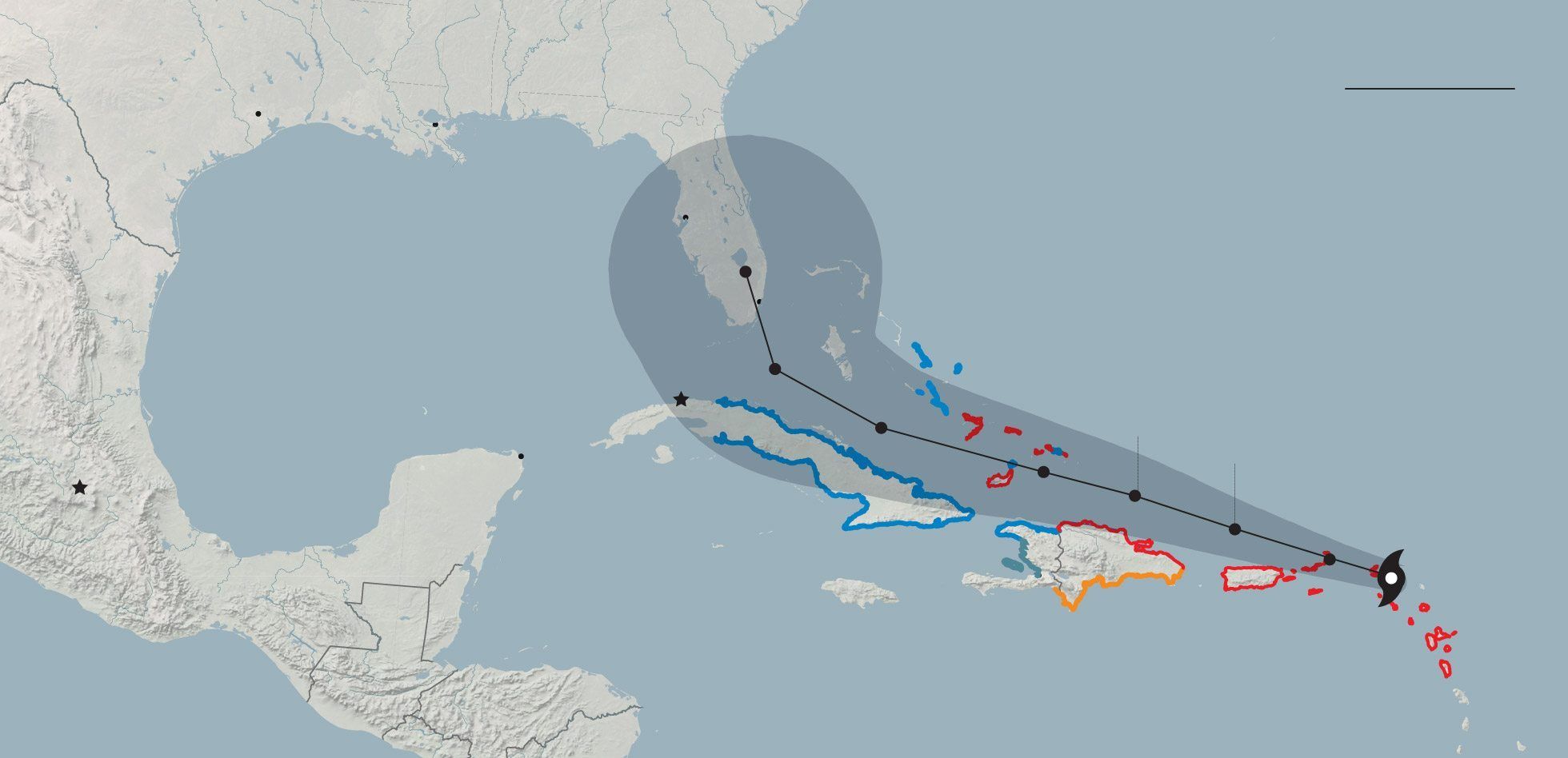Governor Scott has declared a Florida-wide state of emergency which now deploys the emergency powers for volunteer boards found in Sections 718.1265, 719.128 and 720.316 of the Florida Statutes. Hurricane Irma may prove to be the testing ground for these emergency powers to determine, post-storm, if boards abused these powers and therefore the powers need to be reduced or if volunteer boards needed more help to cope with Irma than the current emergency powers provided and thus, these powers need to be expanded in the upcoming 2018 Legislative Session.
The intent behind the statutory emergency powers is to provide volunteer boards with more flexibility to deal with disaster situations. You can see from the list below that certain protocol regarding meeting notices, membership approval and limits on board functions and authority are all modified in the face of a disaster. For instance, your board has the authority under these emergency powers to take the necessary steps to dry out individual units and you can lien the owners who fail to reimburse the association for those expenses. You can specially assess the owners without their approval even if your documents would ordinarily require such approval. You can also borrow money without the need for membership approval even if your documents ordinarily require such membership approval.
Pursuant to Florida law, condominium, cooperative and HOA boards can now take the following steps as long as the state of emergency in Florida continues:
- Conduct board and membership meetings with less and different types of notice than typically required by law.
- Cancel and reschedule any association meeting.
- Name as assistant officers person who are not directors, which assistant officers shall have the same authority as the executive officers to whom they are assistants during the state of emergency to accommodate the incapacity or unavailability of any officer of the association.
- Relocate the association’s principal office or designate alternative principal offices.
- Enter into agreements with local counties and municipalities to assist counties and municipalities with debris removal.
- Shut down or off elevators; electricity; water, sewer, or security systems; or air conditioners. Any residents who stay in the face of such shut-downs do so at their own risk!
- Declare portions of the property unavailable for entry or occupancy by unit owners, family members, tenants, guests, agents or invitees to protect the health, safety or welfare of such persons.
- Evacuate the property in the event of a mandatory evacuation order in the locale in which the community is located. Should any unit owner or other occupant fail or refuse to evacuate the property when the board has required evacuation, the association shall be immune from liability or injury to persons or property arising from such failure or refusal.
- Declare that the property is habitable. However, such determination is not conclusive as to any determination of habitability pursuant to the declaration.
- Contract for the removal of debris and to prevent or mitigate the spread of fungus, including, but not limited to, mold or mildew, by removing and disposing of wet drywall, insulation, carpet, cabinetry or other fixtures on or within the condominium property, even if the unit owner is obligated by the declaration or law to insure or replace those fixtures and to remove personal property from a unit.
- Contract, on behalf of any unit owner or owners, for items or services for which the owners are otherwise individually responsible, but which are necessary to prevent further damage to the condominium property. In such event, the unit owner or owners on whose behalf the board has contracted are responsible for reimbursing the association for the actual costs of the items or services, and the association may use its lien authority to collect those expenses and fees. Without limitation those services may include the drying of units, the boarding of broken windows or doors and the replacement of damaged air conditioners or air handlers to provide climate control in the units or other portions of the property.
- Levy special assessments without a vote of the owners.
- Without unit owners’ approval, borrow money and pledge association assets as collateral to fund emergency repairs and to carry out the duties of the association when the operating funds are insufficient.
Just remember, your residents are counting on you to use these emergency powers wisely and in their best interests. Wishing you all safety in the face of Irma.
Association Emergency PowersAssociation ProtocolHurricane Irma





Recent Comments